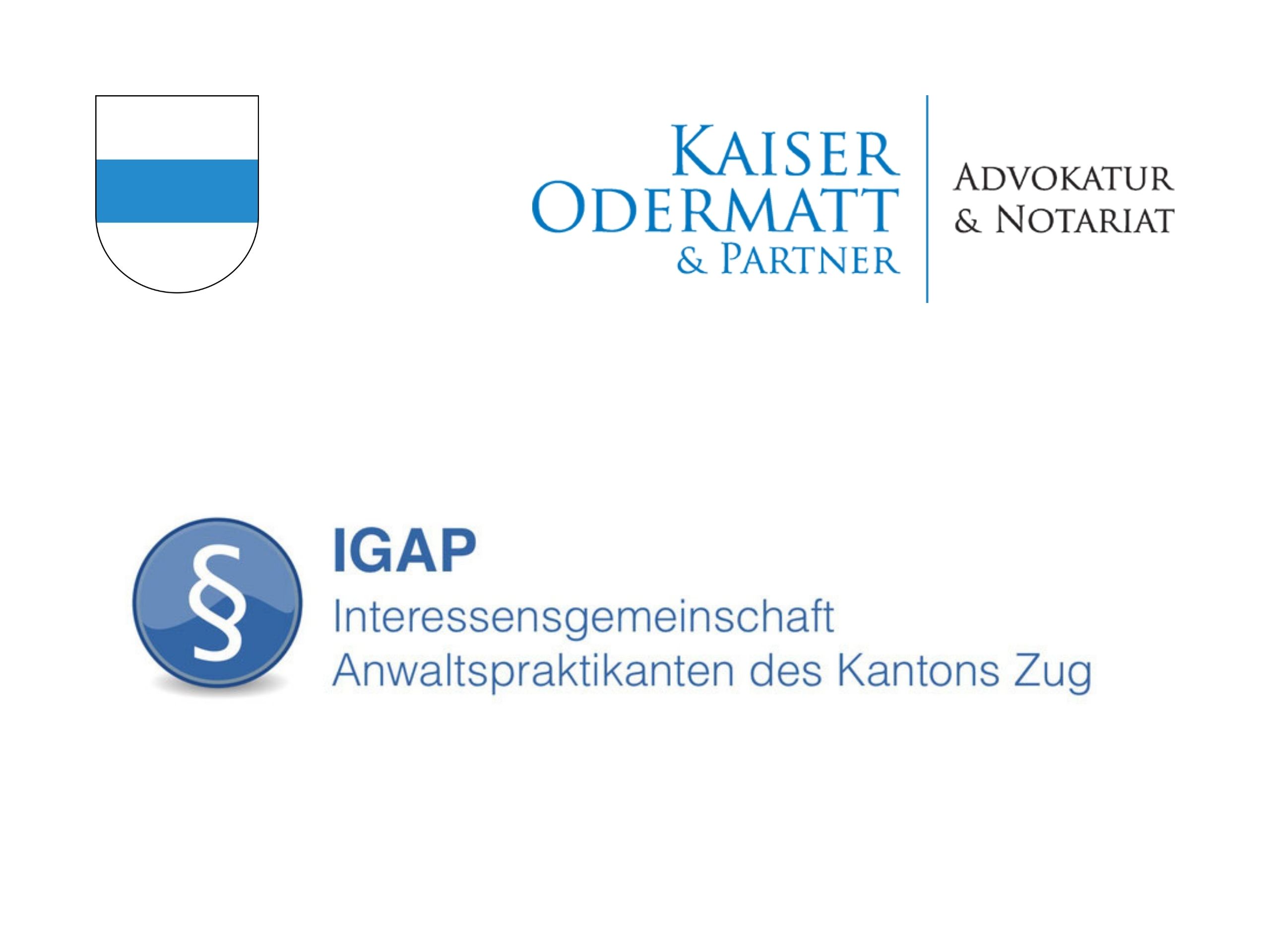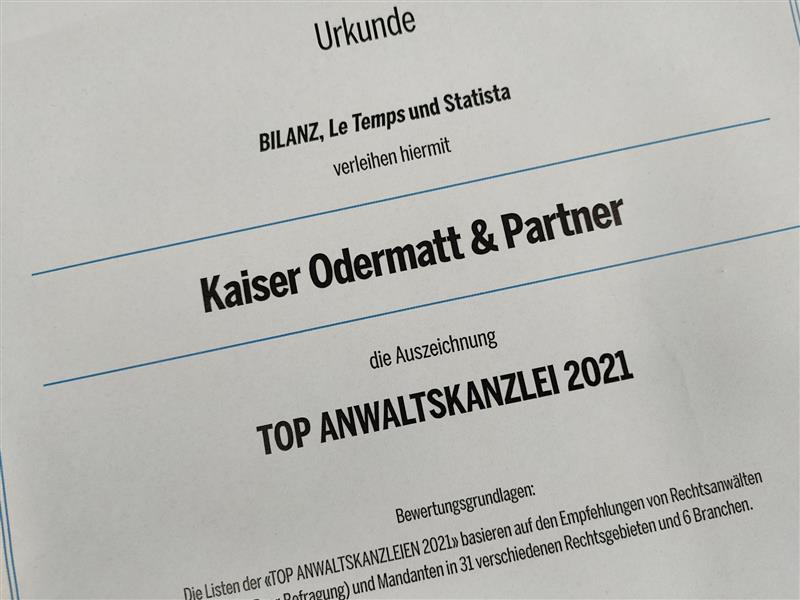Lawyer Judith Andenmatten successfully supported a creditor in opposition proceedings. It was about the deprivation of a third-party claim to an attached asset.
In the case of an objection procedure debtors and third parties claim that the seized item not the debtor, but belongs to a third party why it should be withdrawn from the attachment. Since the debt enforcement officer does not examine the claim itself, but only accepts the objection, this claim is often the subject of a court hearing objection procedure. The decisive factor for the further course of the procedure is who has factual power over the object. Because the court procedure differs depending on whether the debtor or the third party claimant has custody of the asset in question. For the third party it is sufficient that he has joint custody.
The present case specifically concerned the seizure of three vehicles, all of which were found at the debtor's home and seized. The roommate of the debtor then did a third party claim and claimed that the three vehicles in question were his sole property. Because the roommate as a third party claimant had joint custody of the asset in question, the creditor had to file an action for the establishment of ownership with the court within 20 days. The only parties to the proceedings were the third-party claimant (roommate) and the creditor. The debtor was not involved in these proceedings and could at most testify as a witness who owns the vehicle.
In principle, the legal presumption applies that the owner of a movable property is also its owner. However, this assumption can be refuted. The proof of ownership of the vehicles was not clear in the present case, since the third-party claimant and the debtor lived in a shared apartment. Although the vehicle registration documents, which showed his name, were used as proof of the co-resident's possession, there were still doubts as to whether the third-party claimant was solely entitled to possess the vehicle. Above all, it was questionable why neither the debtor nor the third-party claimant (his roommate) could submit any documents proving ownership of the vehicles clearly would occupy. In principle, documents such as purchase contracts and receipts for the payment of the purchase price or tax documents from the third-party claimant would suffice. The condition of the vehicle registration document is not clear when it comes to the question of ownership and is therefore unsuitable for proving it. The creditor therefore vehemently contested the third-party claimant's (the roommate's) ownership claim to the vehicles in question. In particular, in the present case there was the assumption that this was a subsequently constructed one Fictitious transaction (so-called protective claim) acted to dem to withdraw the attachment.
During the court proceedings, the sham transaction was then uncovered in the main hearing and it turned out that the third-party claimant, despite the documents submitted, had no ownership of the vehicles in question. As a result, the proceedings were concluded in favor of the creditor and the third party complained, with costs incurred. The three vehicles remained the subject of the debtor's seizure.
The defense of a third-party claim by a roommate only makes sense if ownership of an item can be completely proven. On the other hand, when constructing bogus transactions, it is to be expected that this will be refuted in the evidentiary proceedings of the main process, which ultimately only leads to considerable costs for the third-party claimant who is actually not involved in the debt enforcement proceedings. Accordingly, the objection of a third-party claim is not to be raised lightly. It is also advisable for the creditor to have the third-party claims determined by a court.
Experts











